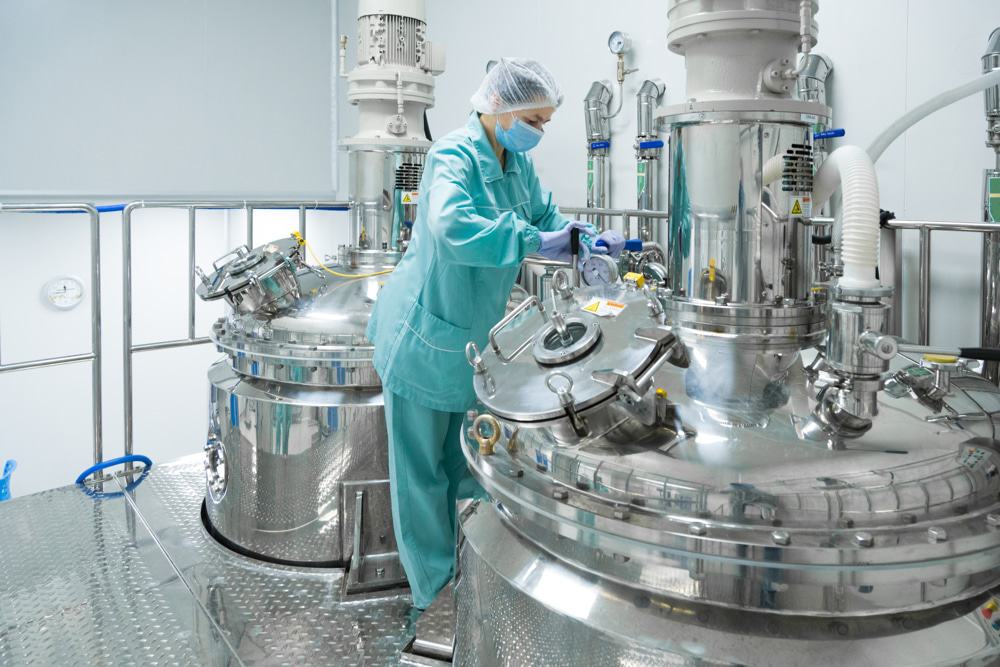Strengthening Cybersecurity in the Pharmaceutical Industry
Pharmaceutical cybersecurity is a crucial aspect of the pharmaceutical industry. A patient or consumer data breach can affect a company’s valuation, result in fines from regulators, and disrupt operations. In addition to the financial impact, cybersecurity risks also hurt a company’s reputation. For this reason, companies must consider implementing a proactive strategy for data protection.
Threats
Pharmaceutical companies are prime targets for nation-state-sponsored hackers. These organizations control sensitive intellectual property, representing years of research and millions of dollars. Hackers use their knowledge of pharmaceutical companies’ networks to conduct cyber espionage. In addition to stealing sensitive information, they may also steal intellectual property. Hence, protecting intellectual property is one of the most important priorities of the pharmaceutical industry.
Fortunately, the industry has taken several steps to improve cybersecurity. A key priority is to establish a robust cybersecurity management program. As a result, pharmaceutical companies are embracing industrial IoT (IIoT) and digitization technologies. Furthermore, these companies are moving towards hybrid or multi-cloud environments.
Practices
The pharmaceutical industry is highly vulnerable to cyberattacks and data breaches. Cybercriminals target the industry because it deals with sensitive compounds and valuable data. This is why pharmaceutical cybersecurity measures need to become a higher priority. In addition, a breach can compromise valuable proprietary R&D and operational processes, which could put consumers at risk.
Cyber attacks can interrupt research and development and affect drug production. They also cause significant financial losses, including lost revenues and additional costs for lawsuits and regulatory non-compliance. Even worse, they can erode a pharmaceutical company’s brand image and reputation. To ensure that your pharmaceutical business stays safe, follow these best practices for pharmaceutical cybersecurity.
Firstly, implement access controls. Most pharmaceutical entities know that access controls are the best data security strategy. However, they must ensure that they are enforced effectively. While zero-trust security protocols can protect data, they can be bypassed with hardware attack tools. Once access controls are undermined, they become useless.
Budgets
Pharmaceutical cybersecurity is an important industry initiative and should be a high priority for pharmaceutical companies. With the growing importance of clinical data, IP, and R&D investments, the pharmaceutical industry must protect its proprietary information against cyber attacks. New technologies can help pharmaceutical companies protect their data and reduce their vulnerability to attacks. Moreover, effective encryption and early threat detection can help build public confidence in the security of health information.
Healthcare organizations aren’t putting much money into implementing cybersecurity solutions. Only 22% of IT managers in the sector believe that their organizations are providing adequate funding to secure their systems.
Opportunities
With increasing sophistication in cybersecurity techniques, the pharmaceutical industry is seeing new challenges and opportunities. For instance, many pharmaceutical companies rely on third-party vendors to provide various services. Consequently, they are vulnerable to data breaches and other risks that can harm their reputations and finances. As such, companies must ensure full visibility across their networks and constantly monitor their third-party vendors’ cybersecurity.
In addition to improving data security and management, pharmaceutical companies must also consider improving data recovery and employee awareness. A good cybersecurity platform approach will help them adopt important technologies like zero-trust network access and secure SD-WAN.
Impact
In the current digital age, pharma companies are more vulnerable to cyber-attacks than ever. This is because the data they collect, from proprietary pharmaceutical information to personal health information, is highly valuable and may be compromised by hackers. This can have devastating consequences. To safeguard their patients’ data, pharmaceutical companies are adopting new technologies to protect their systems and reduce their vulnerability. This includes encryption and early threat detection.
The pace of technological change and the increase of third-party vendors create major cybersecurity challenges for pharma companies. Cybersecurity strategies are critical to protect digital assets and protect against attacks that can damage consumer trust, brand image, and share prices.

